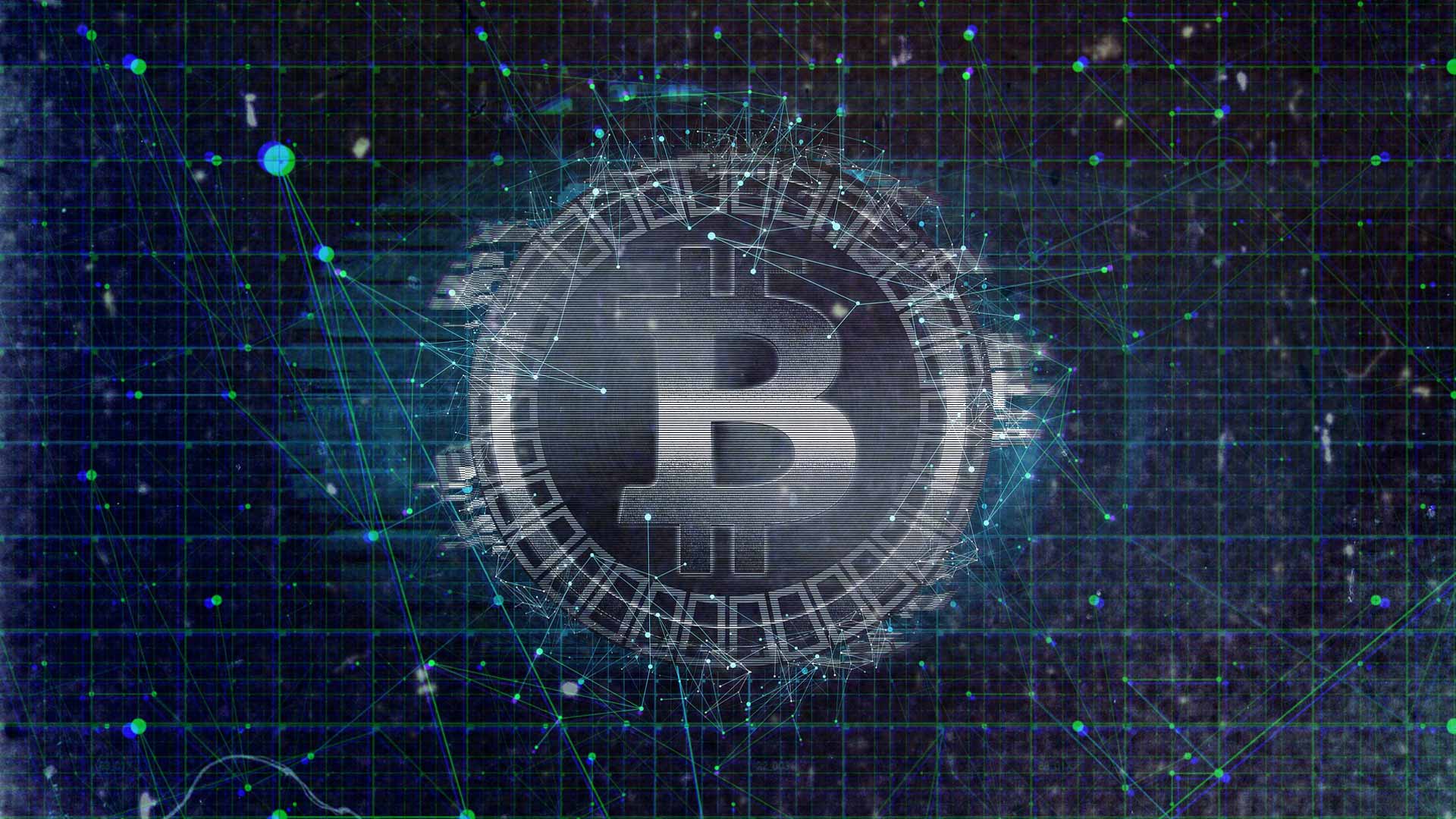Blockchain, the new paradigm in tax administration
Blockchain technology is defined as an incorruptible digital ledger of economic transactions that can be programmed to record not just financial transactions but virtually everything of value (Tapscott, 2016).
Blockchain is a ledger of information that is replicated across computers that are joined in a Peer-to-Peer network. Initially created to support cryptocurrency, blockchain can be used for documents, properties, patents, products and to sign contracts. Currently personal information about an individual transacting in the most popular virtual currencies is not included in these blocks,
This is an aspect of virtual currency technology that deeply concerns the world’s financial regulation and law enforcement authorities. However, this was a choice made when establishing virtual currencies, rather than being a framework limitation; there is no reason why blockchains cannot include such information where the technology is applied elsewhere.
Indeed, Blockchain has the potential to be used for a range of purposes, from financial services, for instance, the settlement of financial trades, to cross-border transactions, public administration, and even elections.
With its inherent incorruptibility, Blockchain is now being talked about as a solution for the administration of Value-Added Tax (VAT). This is because Blockchain would, theoretically, hold not only all the data about transactions between buyers and vendors, but also establish a record of taxes. And it is entirely plausible that any VAT blockchain could be designed so that VAT due on a transaction is also automatically transferred to the tax authority. As such, Blockchain has the potential to dramatically reduce rates of VAT fraud and error.
It is now commonplace for tax compliance procedures, such as the completion and filing of tax returns, to be completed in a digitized format to increase the speed and efficiency of tax administration, and to reduce levels of error and the loss of data. Blockchain, therefore, appears to be the next logical step for tax administrators.
Indeed, China is already actively studying the potential of Blockchain for tax administration, and is collaborating with Miaocai Network, an electronic invoice and taxation operator licensed by China's State Administration of Taxation, to launch a Blockchain-based system for collecting tax and issuing electronic invoices.
The Tax Shop Franchise encourages you to develop in-demand skills, and kickstart your digital business transformation today, as that will free you up to work smarter and quicker.
For more information about The Tax Shop Franchise, click here.

